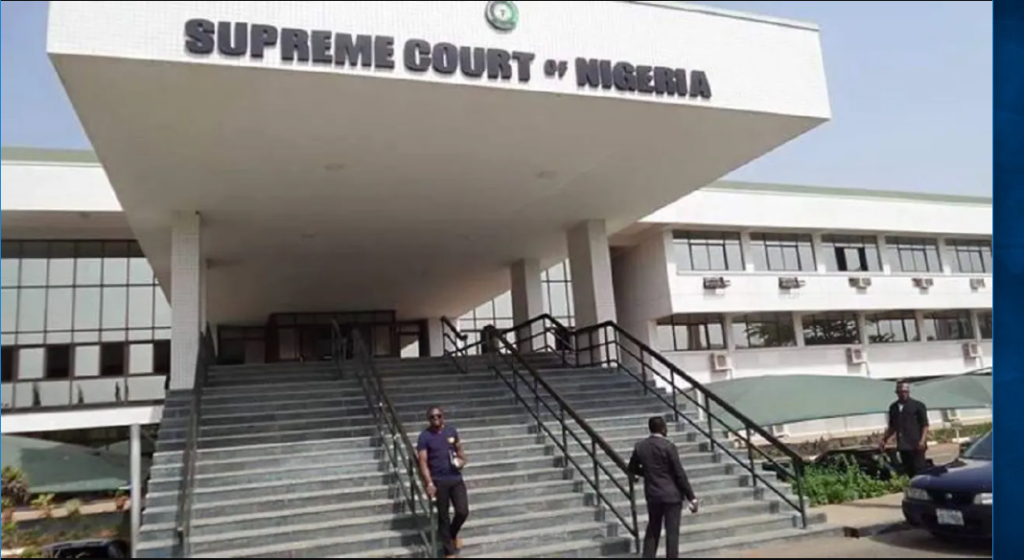LG autonomy: Supreme Court judgment superior to provisions of constitution, says Ozekhome
By Jeffrey Agbo
Senior advocate of Nigeria, Mike Ozekhome, has reiterated that the judgment of the Supreme Court granting financial autonomy to local governments is superior to the provisions of the constitution.
The apex court made the ruling last month in a suit instituted by the Attorney General of the Federation and Minister of Justice, Lateef Fagbemi, on behalf of the Federal Government against the 36 states.
In a statement on Thursday, Ozekhome commented further on the controversy stirred by the court’s ruling.
He said, “A law is only what the courts interpret it to be, not what it says on bare paper. That was why Oliver Wendell Holmes Jnr, a very influential civil rights Jurist, Brevet Colonel during the American Civil War and longest serving Justice of the US Supreme Court (1902-1932), who retired from the US Supreme Court at 90, once famously declared that, ‘the prophesies of what the courts will do in fact, and nothing more pretentious, are what I mean by the law.’
“In other words, the law (whether constitutional, substantive, statutory, or adjectival) remains what it is-inanimate and dead on paper-until the life and the oxygen of interpretation are breathed into it by a court of law. Consequently, it is thus the interpretation which was given by the Supreme Court to the entire section 162 of the Constitution on the sharing procedure between the Federal government, states and the LGCs, and not the bare provisions of the Constitution that prevails.”
READ ALSO:
Fayose insists govs will still install, control LG chairmen despite Supreme Court’s verdict

Ozekhome said the judgment is enforceable as provided in the 1999 constitution.
“Section 287(1) of the 1999 Constitution comes to our rescue by providing that ‘the decisions of the Supreme Court shall be enforced by in any part of the Federation by all authorities and persons, and by courts of subordinate jurisdiction to that of the Supreme Court.’ Even if the Supreme Court was wrong in its interpretation of section 162 dealing with the State Joint Local Government Account, the judgement remains binding on all and for all times,” he said.
“It is only an amendment of the Constitution under section 9 thereof that can override the decision. No person or authority can decide, whimsically and arbitrarily to disobey the judgement, or pick and choose what portions of the judgment to obey or which to discard. In Rt Hon Michael Balonwu & Ors V Governor of Anambra State& Ors (2007) 5 NWLR (Pt 1028) 488, the intermediate court held that ‘an order of court whether valid or not must be obeyed until it is set aside. An order of court must be obeyed as long as it is subsisting by all no matter how lowly or lightly placed in the society. This is what the rule of law is all about, hence the courts have always stressed the need for obedience to court orders.’”
On how the Supreme Court judgment can be implemented, the senior lawyer advised that the Federal Government, states and local government councils (LGCs) should meet and decide on modalities and procedures of opening up accounts for LGCs so that “their allocation under section 162 is paid directly to them and not to the joint state LG account that is oftentimes waylaid by state Governors and fleeced without the helpless and hamstrung LGCs being able to raise a finger.”












